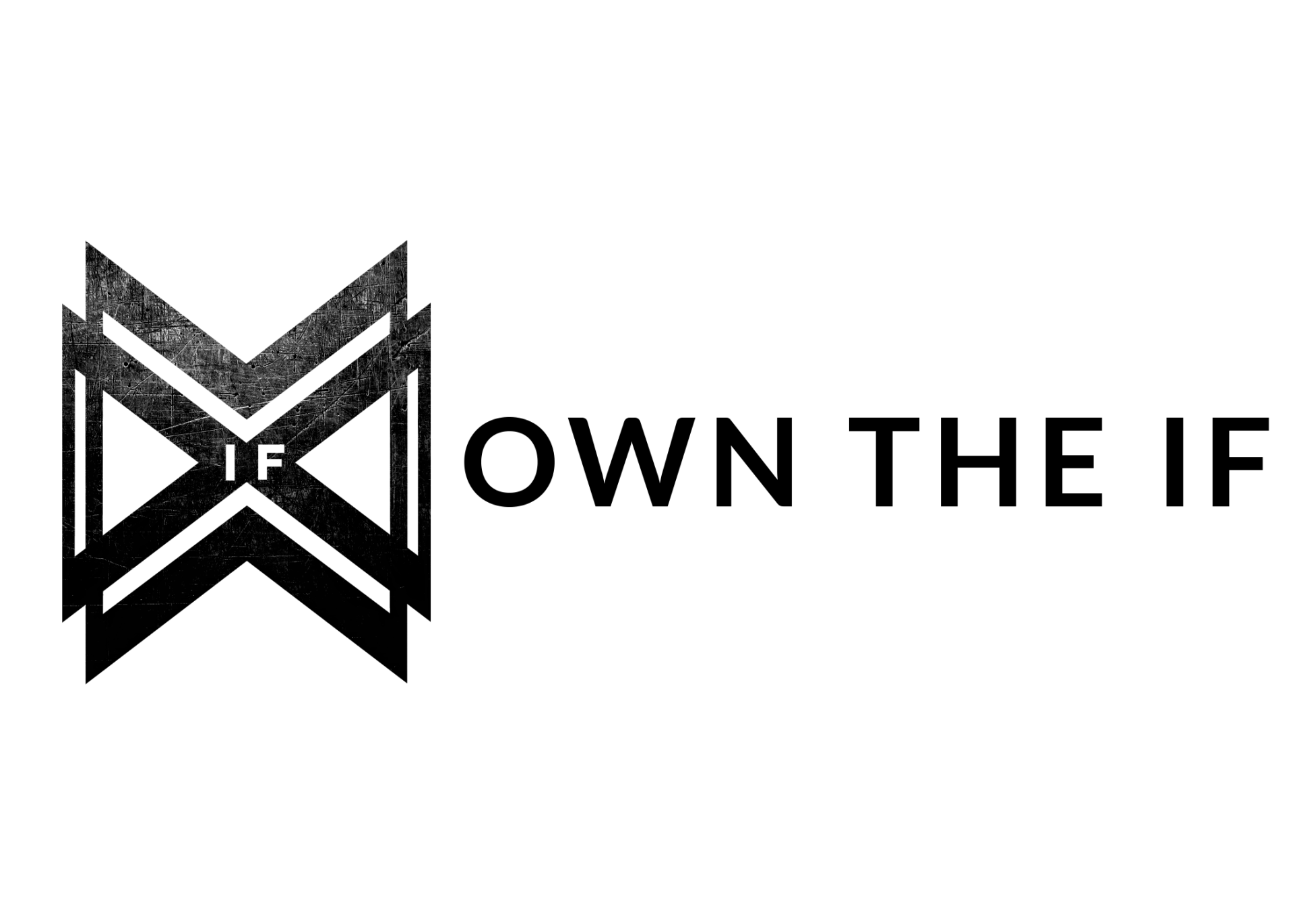As we hit the midway point of 2024, it's time for a reality check on those big goals and resolutions we set in January. Are they still on track, are we making progress, or are they on pause? Have we even started? Should we reassess?
Let's face it—sometimes, sticking to a goal can feel like banging your head against a wall. The key is understanding whether sticking with the goal is the right move. Is it safe and healthy? Does it still align with your values? Have your circumstances changed? Is sticking to this goal actually slowing your progress toward broader objectives?
Simone Biles understood this when she stepped back from the Tokyo Olympics, prioritizing her mental and physical health over societal pressures. Her decision allowed her to reassess her approach to competition, restoring her well-being and paving the way for a return with renewed focus and resilience.
Navy SEALs also embody this mindset when assessing missions. If a mission is deemed too risky or the conditions have changed unfavorably, they abandon it and move on to plan B. This isn't a failure but a strategic recalibration, ensuring safety and increasing the chances of success in the future.
The point is, quitting a goal that no longer works for us doesn't mean abandoning our original decision. For example, if your goal was to improve fitness through high-intensity CrossFit, but you find it leads to injuries or you simply don't enjoy it, you might switch to swimming or yoga instead. You're still committed to fitness, but you've chosen a path that better suits you.
But one of the key stepping stones in making the decision to quit is to take the emotion out of the decision. Taking the emotion out of the decision can be hard. We often invest deeply in our goals, and others investments in them as well, making it tough to let go even when they no longer serve us. However, by not quitting, we might miss out on opportunities that better align with our current situation and lead to greater progress. Staying stuck in a pursuit that isn’t working can hinder our overall growth.
It's Okay to Quit a Goal, But It's Not Okay to Give Up
Quitting a specific goal is not the same as giving up on your overarching ambitions. Adjusting your path in response to new insights or changing circumstances is a sign of growth and wisdom. It's about smart recalibration, not abandoning your commitment to improvement. When a goal no longer serves you, it’s fine to let it go. What's non-negotiable is that you don’t give up on striving for betterment and growth. This distinction is important for maintaining long-term success.
So when should you quit a goal? This decision requires thought, honest answers, and asking two important questions:
- Does this goal still align with my current reality?
- Importance: Life evolves, and circumstances change. What seemed like the right path at the beginning of the year may no longer fit where you are now. Assessing alignment ensures your goals remain relevant and meaningful to you.
- Criteria: Look at your current priorities, values, and external factors. If pursuing the goal no longer supports these or requires unrealistic sacrifices, it might be time to pivot.
- Am I quitting because it's genuinely not right, or because it's damn hard?
- Importance: It's natural to face challenges and discomfort when pursuing meaningful goals. Distinguishing between valid reasons for quitting and mere avoidance of difficulty is necessary for honest self-assessment.
- Criteria: Reflect on whether quitting serves your long-term growth and well-being. If the goal no longer aligns with your values, or if persisting would compromise your health, safety, or integrity, stepping away can be a courageous choice.
Bringing It Home:
Quitting a goal isn't failure; it's smart recalibration. It's about recognizing when something no longer serves your growth. But don't confuse this with abandoning commitments or convictions. Standing by your decisions, even when the going gets tough, builds character and grit. So, as we finish the rest of 2024, let's sharpen our focus on goals and choices that fuel our journey rather than weigh us down. Remember, it's okay to quit, but don't give up.
I am always rooting for you.


